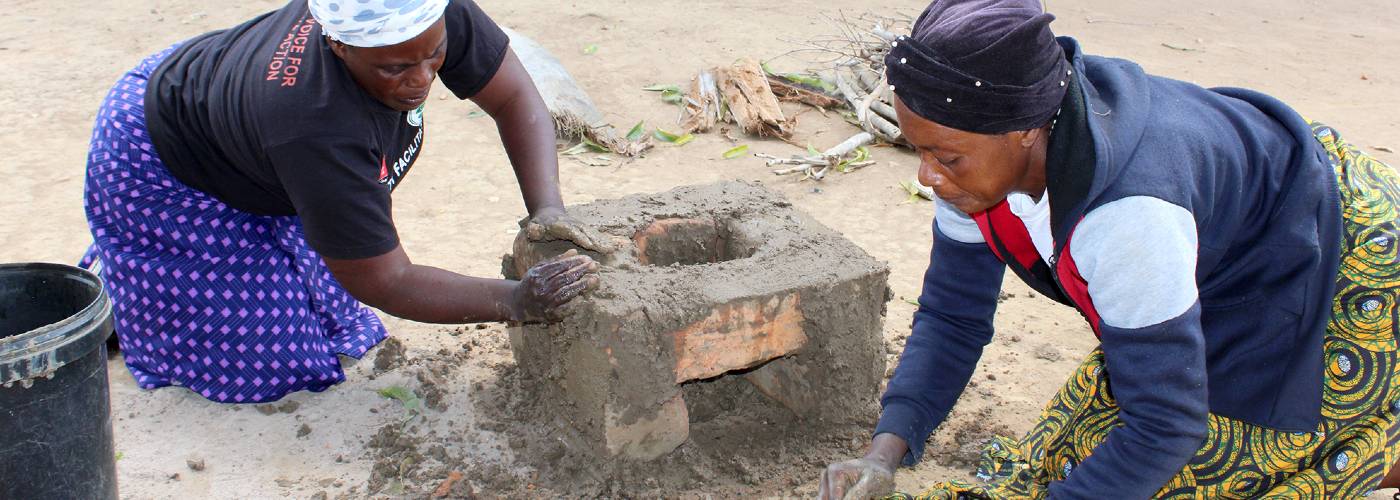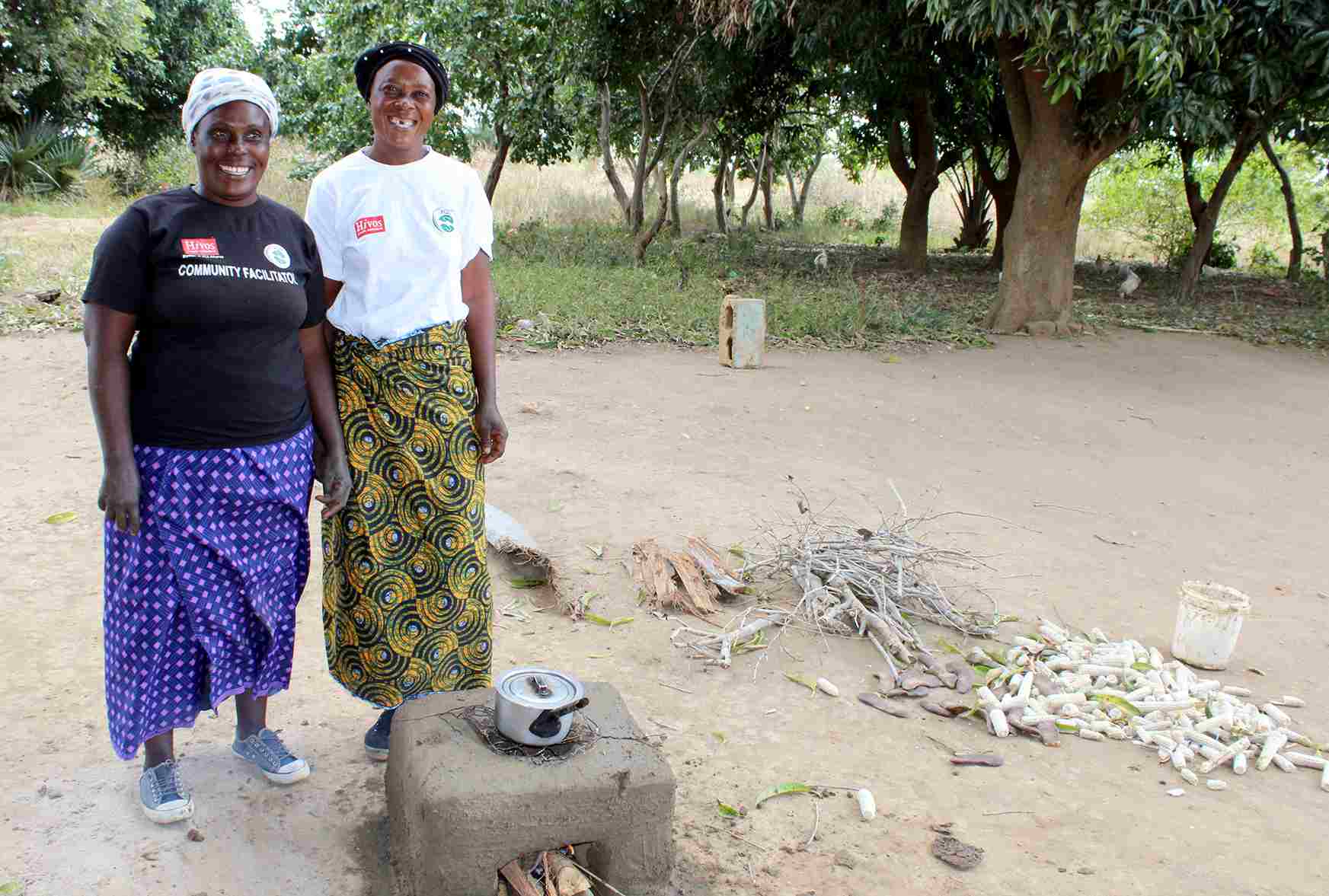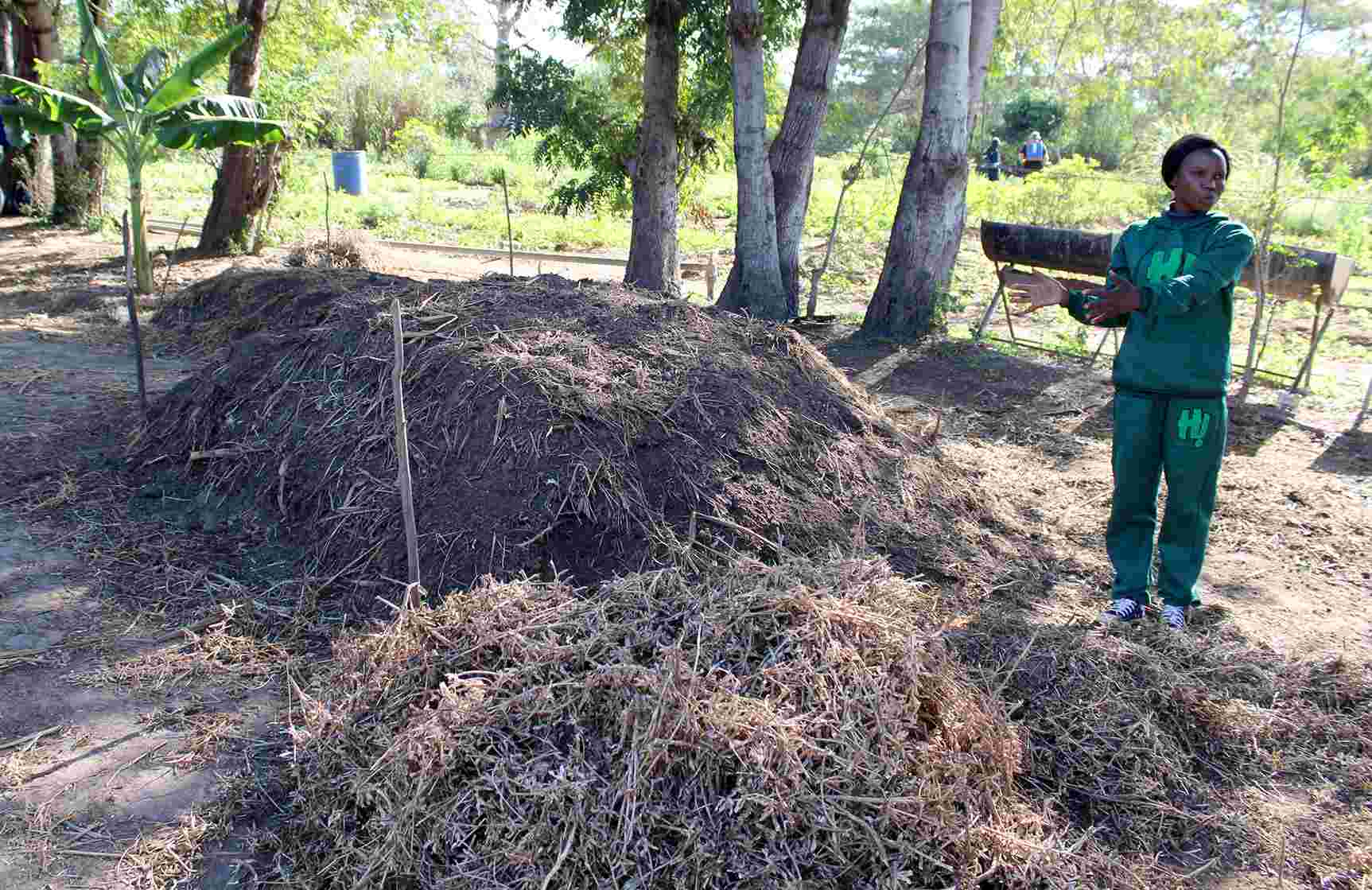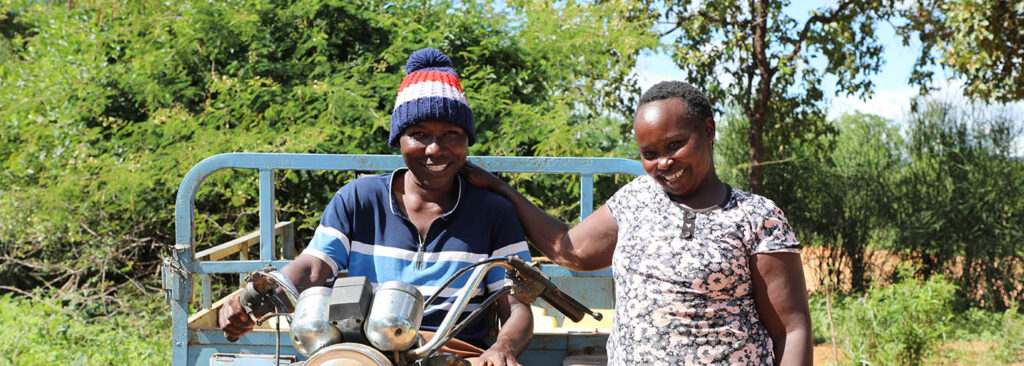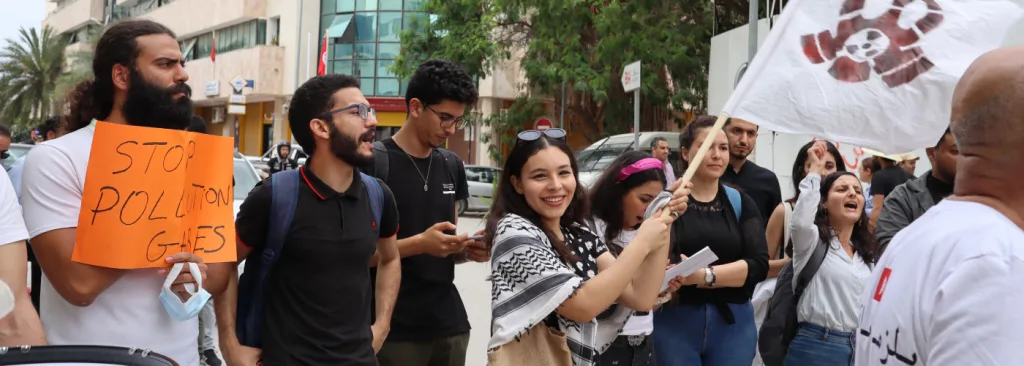Towards the east of Zambia’s capital city, Lusaka, is a largely rural city called Chongwe. Here, the adverse effects of climate change are clear to see. Driving through surrounding dried-up rivers and vast swathes of brown vegetation almost gives the impression of a “dying” city.
However, the people living in this area – estimated to be over 170,000 – have found ways to stay hopeful and keep the fight against climate change going. Through our Voices for Just Climate Action (VCA) project in the area, Hivos has managed to change people’s habits because every small action can bring positive change.
Less firewood, more energy
Without a reliable electricity supply, many Chongwe residents rely on firewood for cooking and other daily needs. As they’ve seen from VCA initiatives, there are newer types of cookstoves using firewood that emit less carbon and produce much longer lasting heat, according to Michelo Simweete, a VCA project officer.
Jane Hanjoba, who owns a home in Chongwe, points out another advantage of the newer stoves while she takes us around her homestead: “We used to walk deep into the forest, chopping down trees and piling up firewood. You would have to walk for a long time to get good firewood,” she says, pointing towards the distance to show how far they would go to collect firewood.
The newer stoves, part of a joint project between VCA and the community, are small and made of clay and cow dung. They only need twigs and other smaller pieces of wood or dry materials.
Materials easily found
The smaller branches can be found all over the village yards. Another woman who participated in the project with VCA, Pamela Mabenga, explains that cow dung mixed with clay helps make the stoves hotter. Walking long distances is now a thing of the past for Jane and Pamela, and many others, as they can now easily find the energy sources they need.
“We use everything – any dry material can go into the fire. There is little smoke that’s made by this stove, and we just never turn it off. This is such a unique but easy to use innovation,” Pamela says.
The stoves, according to Michelo, have been a huge win for the VCA project. Helping women and children, who are normally tasked with gathering firewood in this community, is seen as a victory. “Now, since the fire is always on, all they do is top it up once they need higher heat. And it’s such a reliable tool,” he says.
Urban resourcefulness
In another part of Lusaka, a community is leading the way by training farmers across Zambia in sustainable farming. Just as the VCA program’s work in Chongwe has changed behaviors in the cause against climate change, our partner Kasisi Agricultural Training College, led by Claus Recktenwald SJ, has been at the forefront of teaching farmers new ways of growing and producing food.
Chilumba Nkandu, a project officer at Kasisi who directs VCA’s work, tells us how their farm with demonstration plots has become a means of sharing knowledge that is helping farmers across the country. “We are training farmers in organic farming. We prioritize sustainability and so everything here is all generated from the farm. One advantage of going organic is that agriculture becomes less expensive for farmers, thereby increasing the food supply for communities across Zambia,” he says.
By using minimal chemical inputs in their farming techniques, institutions like Kasisi contribute to developing healthier soils and reducing the carbon footprints of urban areas. With most urban farming in Lusaka being backyard production, according to Chilumba, the more people learn about sustainable agriculture, the greater urban food resilience will be.
A better future for all
The climate engagement of Chongwe residents and the results of the Kasisi Agricultural Training College show a growing awareness amongst the local population of the need to protect our environment. With everyone doing their bit in every way possible, however small, there is hope that we might still have a better future. As we continue to innovate, we see there is enormous potential for widescale climate action in the communities we work with.

